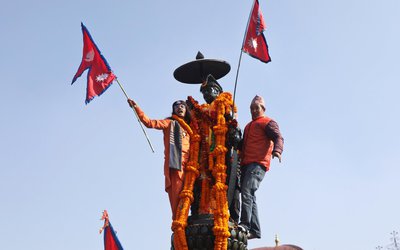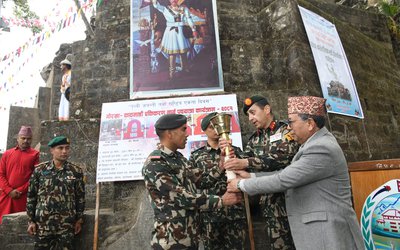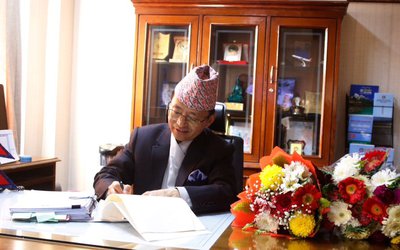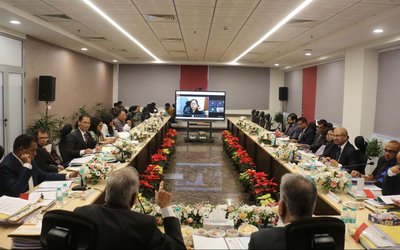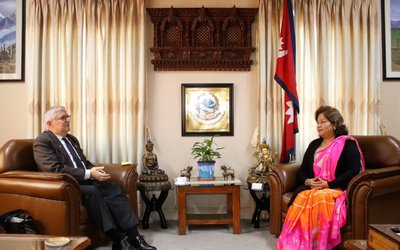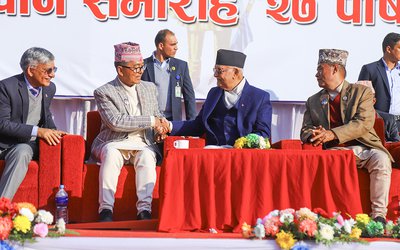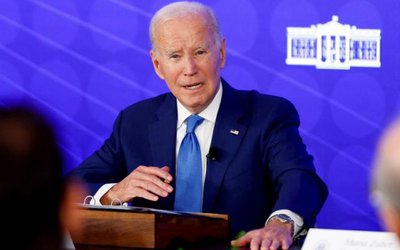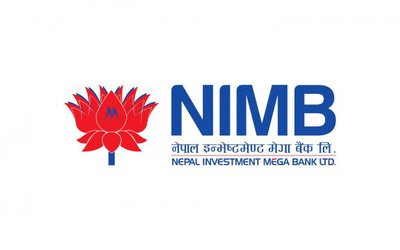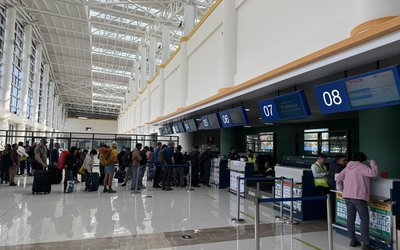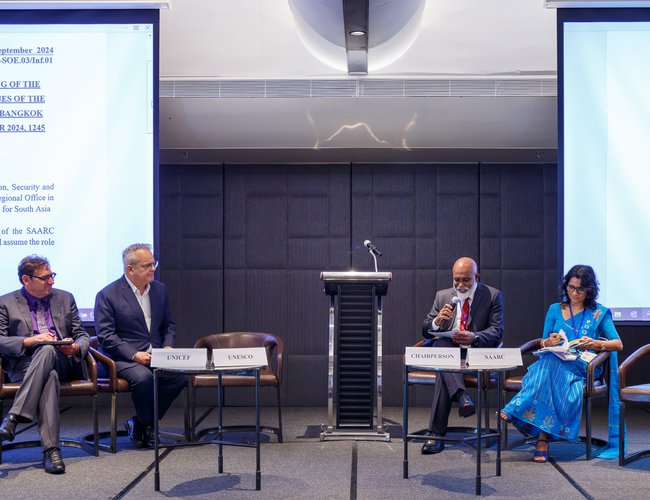
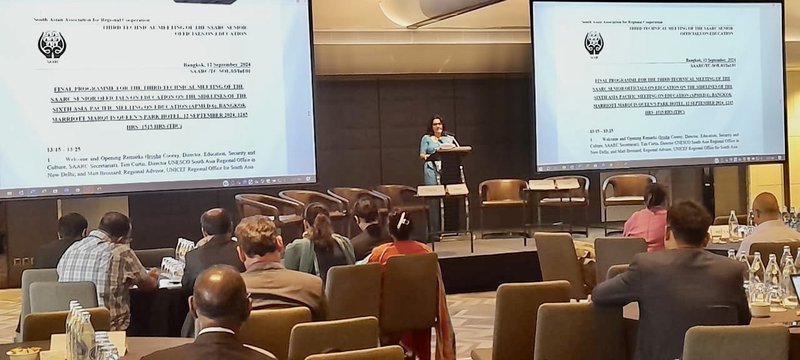
The Third Technical Meeting of SAARC Senior Officials of Education was held on September 12, 2024, in Bangkok, Thailand, on the sidelines of the Asia Pacific Meeting on Education (APMED6). This important event marked eight years since the launch of the SAARC Framework for Action for Education 2030 and was organized by the SAARC Secretariat with technical and logistical support from the UNESCO Regional Office in New Delhi and the UNICEF Regional Office in Kathmandu.
The Meeting was attended by representatives from seven SAARC member states of Bangladesh, Bhutan, India, Maldives, Nepal, Pakistan and Sri Lanka, alongside the Regional Director of UNESCO and the Representative of UNICEF. The session was chaired by Minister of State for Higher Education Mr. Ahmed Shafeeu from the esteemed Government of Maldives, with Irosha Cooray, Director at the SAARC Secretariat, formally opening the meeting in accordance with SAARC protocol.
The gathering served as a vital forum for reviewing and assessing the progress of the SAARC Framework for Action for Education 2030. The discussions highlighted both advancements and challenges within the region, establishing some recommendations for future actions aimed at improving educational outcomes across South Asia.
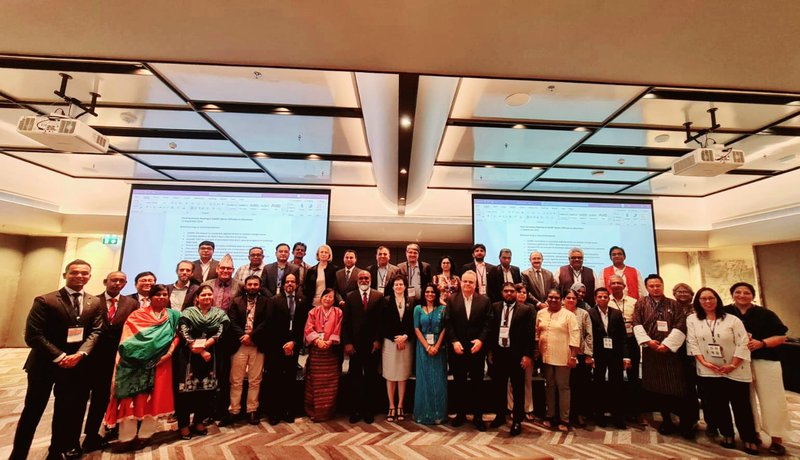
Key outcomes and recommendations from the meeting included a strategic focus on integrating climate change adaptation into the SAARC agenda and advocating for increased funding and resources to strengthen SAARC's role as a South-South Cooperation Platform. The meeting emphasized leveraging SAARC as a knowledge management forum to share best practices in teacher professional development, learning assessment, and SDG 4 data. Additionally, a regional program/framework was proposed to tackle the learning crisis by enhancing learning assessment capabilities. The meeting also highlighted the need to improve educational access for children, especially girls, and to promote STEM education and Technical and Vocational Education and Training (TVET). Other recommendations included assessing and improving teacher competencies and fostering public-private partnerships to advance education access and outcomes.
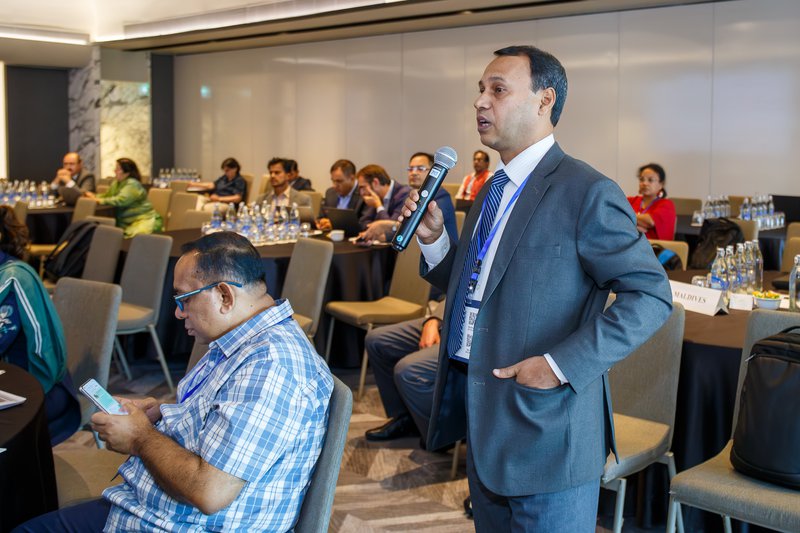
- RPP Chair Ligden Hosted A Reception To Mark 303rd Prithvi Jayanti.
- Jan 11, 2025
- King Prithvi Narayan Shah’s 303 Birth Anniversary Commemorated Throughout The Country
- Jan 11, 2025
- MUSTANG Nostalgia by Kishor Kayastha Unveiled
- Jan 09, 2025
- Amirt Bahadur Rai Assumed The Position of Foreign Secretary Of Nepal
- Jan 09, 2025
- South Asian University Holds Twelfth Governing Board Meeting, Discusses Future Initiatives and Reforms
- Jan 09, 2025
